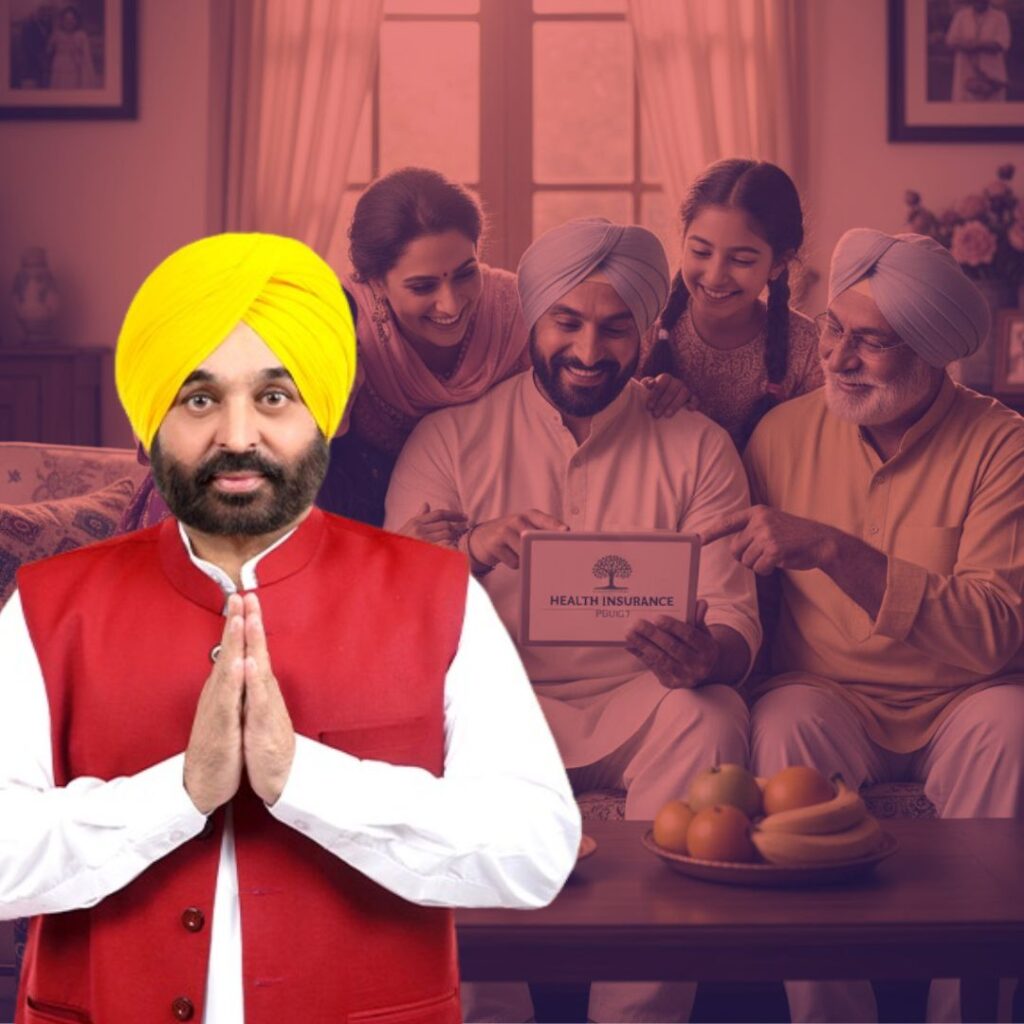Around 175 activists and women’s groups have written an open letter to Prime Minister Narendra Modi expressing perturbation over the spike in hate speeches amid by Bhartiya Janata Party (BJP) leaders during the Delhi Assembly election campaigning.
In the letter, the groups accused BJP leaders of using ‘fear of rape as a campaign message.’
‘Repeated hate speeches by the BJP election campaigners, using fear of rape as a campaign message, urging their followers to inflict violence on peaceful women protesters, are being made. What is this kind of communal hate and fear-mongering that you, as a head of government, are encouraging? Vote for BJP, or you will get raped! Is this your election message to Delhi’s women?’ the letter asked.
Further, it said that the BJP ministers urging their supporters to inflict violence on women protesting against the contentious Citizenship Amendment Act (CAA), National Register of Citizens (NRC), and the National Population Register (NPR) have created an ‘atmosphere of violence.’
It is believed that the hate speeches might have triggered the firing at Jamia Millia Islamia University and Shaheen Bagh, endangering the lives of women, children, and students.
BJP Politicians’ Infamous Remarks
‘Lakhs of people gather there (Shaheen Bagh). People of Delhi will have to think and make a decision. They’ll enter your houses, rape your sisters and daughters, kill them,’ said BJP MP Parvesh Verma while addressing a meeting at Vikaspuri assembly constituency on January 28.
The statement was made days after BJP leader and Union Minister, Anurag Thakur had encouraged his supporters to chant ‘desh ke gaddaron ko⦒ slogan at a rally in Delhi’s Daryaganj.
Further, Uttar Pradesh Chief Minister Yogi Adityanath said ‘Boli se nahi toh goli se maanenge’ (if they don’t understand through words, we will make them understand through bullets) while addressing a rally in East Delhi’s Karawal Nagar Chowk.
The activist said that the letter is the voice of the women across India and Delhi, irrespective of their caste and creed. They also said that the government might disagree with the nation-wide uproar against the NPR-NRC-CAA, but peaceful protest is a constitutional right of every citizen of the country.
‘Lakhs of Delhi women are not just part of this movement, they are leading it. Empowered women are on the frontlines. We will not be silent when women are labelled terrorists and traitors when all they are doing is fighting to protect and preserve the Constitution of our country,’ the letter said.
The letter while urging the Prime Minister to call out on such targeted violence sought immediate action against ‘these violence-mongering members of the BJP.’ Serving a reminder that the elections in Delhi should be fought in a manner that upholds the dignity of our Constitution, the letter asked the Central government not to endanger the security of India’s women.
Also Read: 4-Month-Old Dies After Catching Cold At Shaheen Bagh, Mother To Continue Protest











